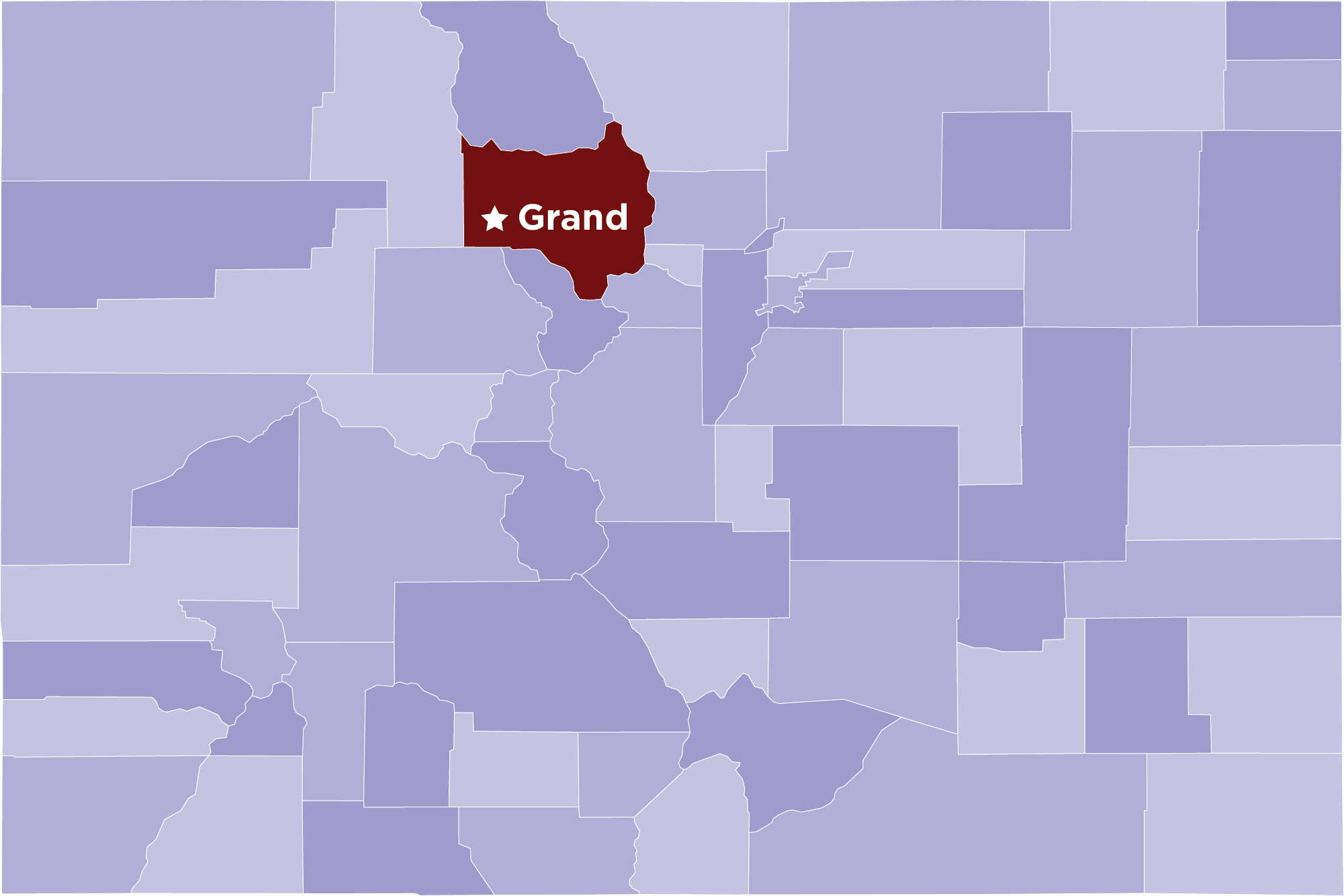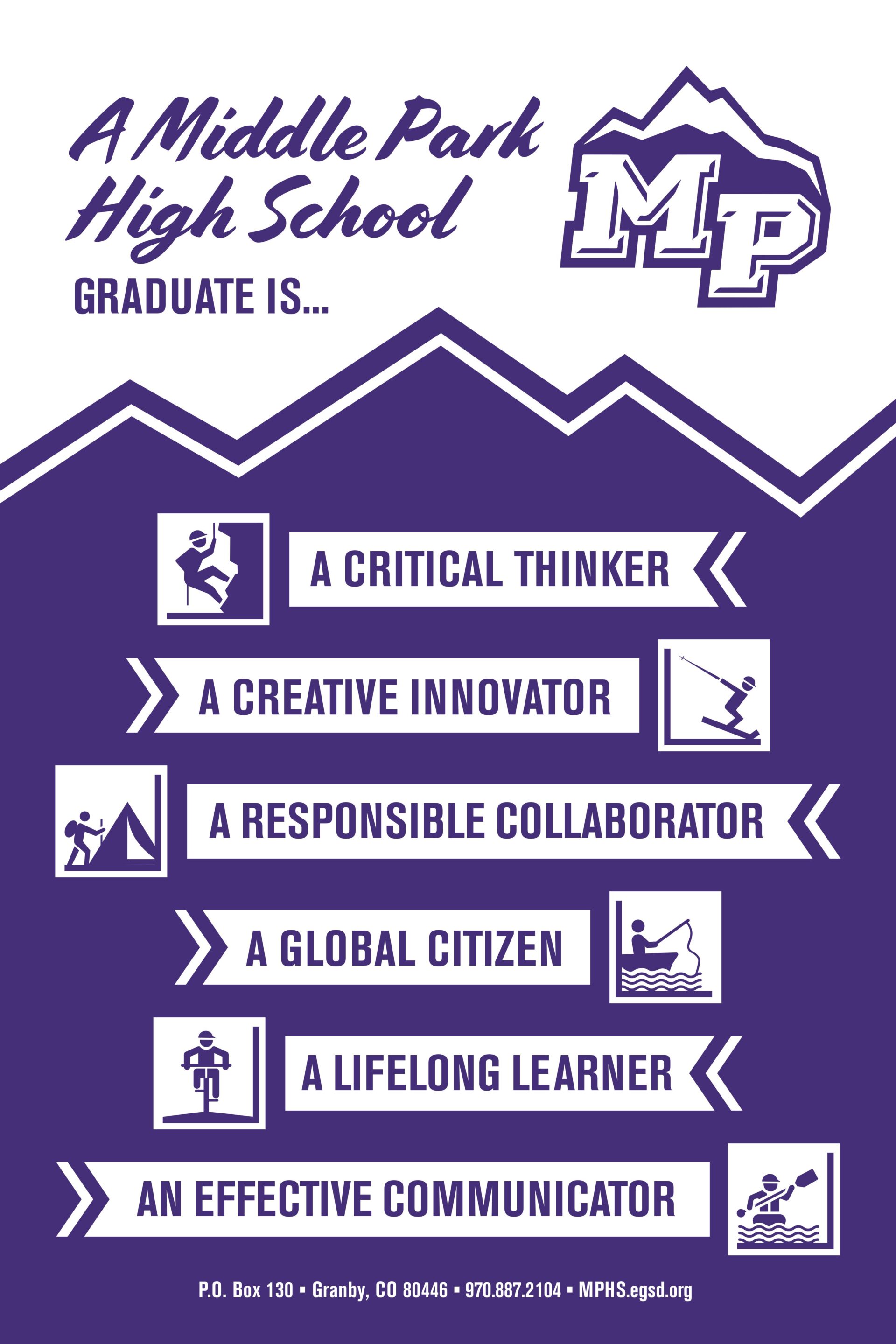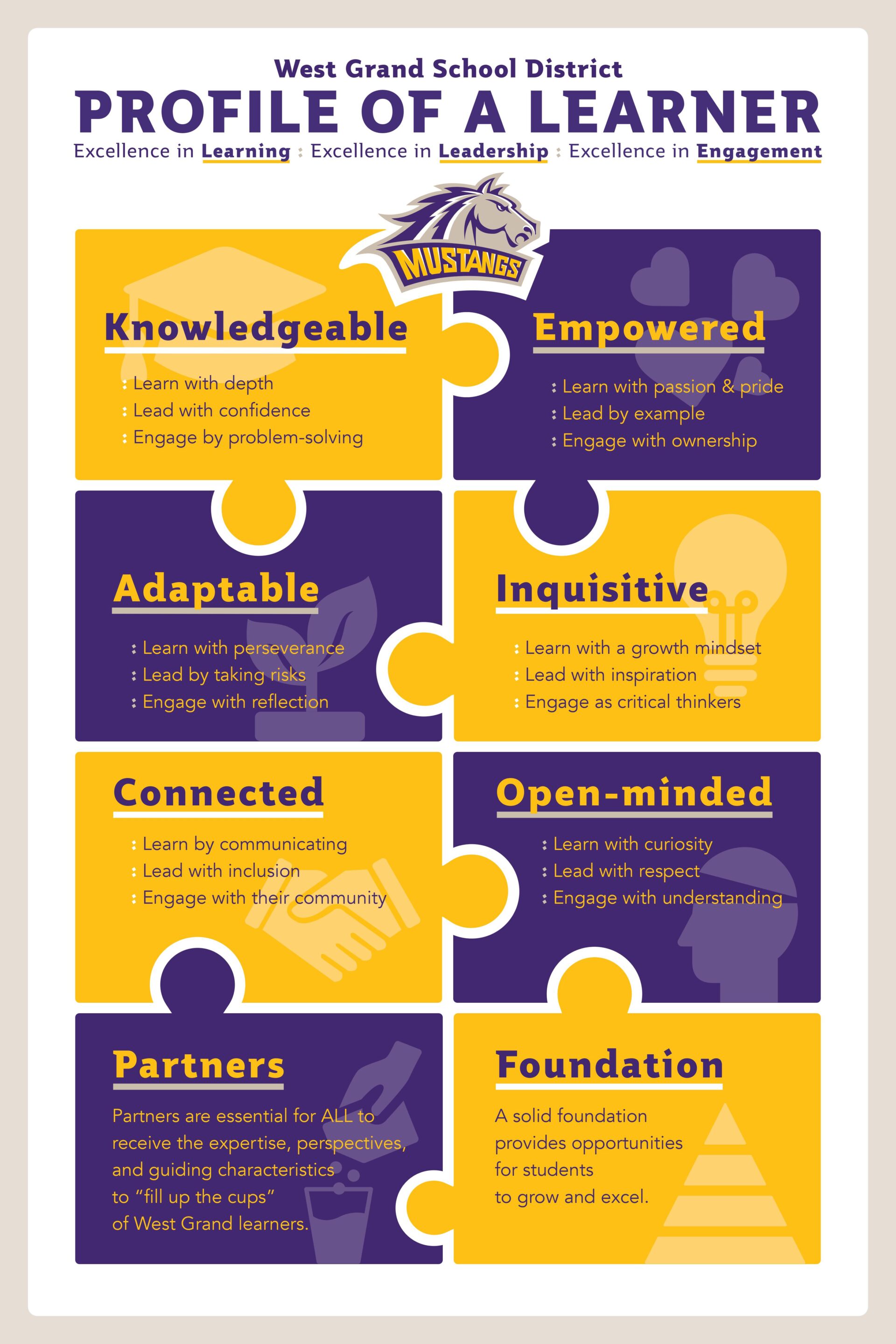This piece originally appeared in SkyHi News, Grand County, Colorado’s news outlet.
Featured here courtesy of Patrick Brower.
It’s no great secret that Grand County and much of the United States are facing a severe labor crisis. As in, there aren’t enough people out there either filling open jobs or who are willing to fill open jobs.
In Grand County, there’s an approach being taken to help with this crisis for the short and long term. It’s called the Homegrown Talent Initiative, which is being implemented in both the East Grand and West Grand school districts.

This isn’t just some pie-in-the-sky effort of only words and ideas. It’s actually working right now in the districts and has been working for several years.
The Homegrown Talent Initiative works to coordinate the interests of high school students with the needs and demands of our local businesses and employers. Its goal is to create career connections and job-readiness skills in the local student population.
Ultimately, the program hopes that this will help students navigate their career paths and help local employers find employees either right now or in the future.
Homegrown Talent Initiative Director Stacy Starr has her hands full after taking over from Ali Williams last summer.
There’s a curriculum in place for all students in the program that meets state standards, which means students participating are actually getting course and graduation credit for their time interning with local employers. Students are doing more than just “volunteering.”
Even more importantly, the program is tailored so that it is truly worthwhile for students and employers.
The program helps to create profiles for students that clarifies skills that will be needed for a particular internship. It then matches student profiles with the job demands so that there are real connections between the student and the business. That way the program avoids lining up a student who might want to be an artist with an excavation company. You get the idea.


I know this works well because my daughter participated in the program last fall. It was a success. She matched her interest in natural sciences and the outdoors with a local and federal land management and science effort in the Fraser Valley. The result was a real life experience in the field helping with real science in an area in which she has an interest.
I know my daughter came back with a greater appreciation of how her likes and preferences in the classroom at school translate into work in the world. I know that the employer actually got some work out of her while she learned at the same time.
So now, who knows, but maybe she will decide she likes working in the fields of land management and science while being outdoors. And for the employer, maybe they have found a future scientist, researcher or field technician. We don’t know yet, but the possibilities have been narrowed, and that’s saying a lot.
It’s customized mentoring and internship work. It’s not glorified babysitting that gives students a chance to get out of school. It has real meaning for students and employers and businesses.
A total of 122 students have participated in the program this year.

